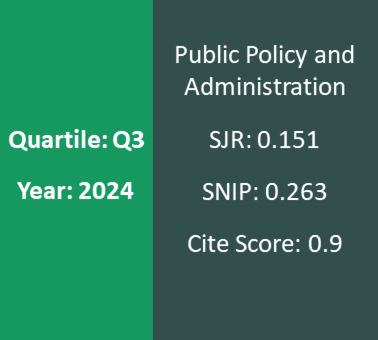Prospects of Application of the European Charter of Local Self-Governance for Kazakhstan: Experience of Germany and Poland
DOI:
https://doi.org/10.5755/j01.ppaa.24.1.39569Keywords:
local self-government, Kazakhstan, European Charter of Local Self-Government, local authorities, administrative reformsAbstract
The article aims to identify the shortcomings of local self-government in Kazakhstan and to create ways to overcome them based on the principles of the European Charter of Local Self-Government and the experience of individual states. The article highlights the main challenges faced by the state, namely financial constraints, overlapping powers, insufficient centralisation and low level of democratic participation. The author also examines the example of Poland and Germany in the context of the local self-government system and analyses the possibility of its application to the realities of Kazakhstan. The author's main focus in this study is on the steps that the government of Kazakhstan can take to bring its legislation in line with the standards and principles of the European Charter of Local Self-Government. Among them, the author identifies the following: legislative and institutional reforms; financial independence; changes in control and coordination mechanisms; decentralisation; and increased public participation.





